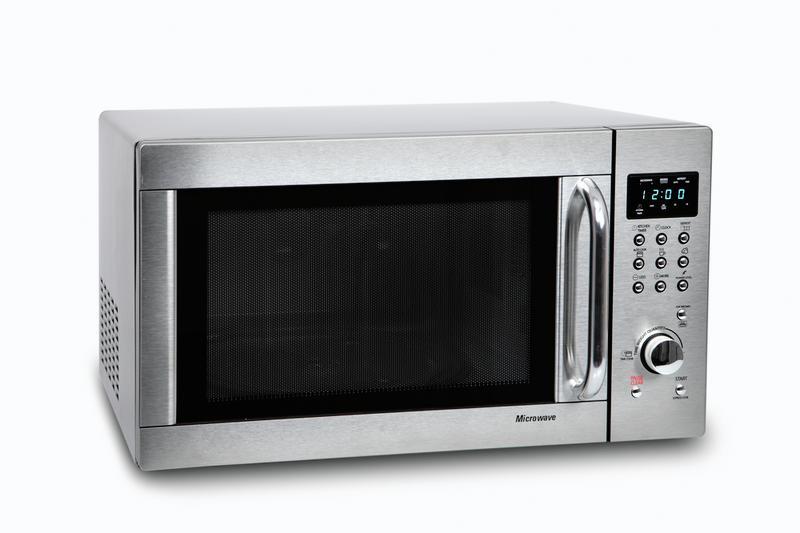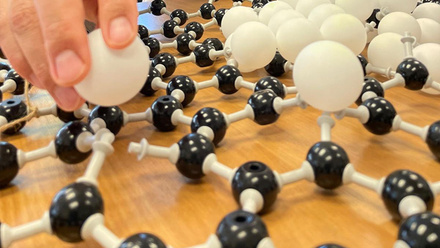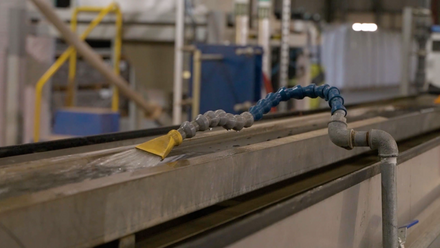Adhesive that can be recycled by a microwave
An adhesive that rapidly cures on a wide range of surfaces is said to be recyclable without any compromise to its properties.

The adhesive from the Hebrew University of Jerusalem, Israel, can reportedly be cured across the entire visible light spectrum and decomposed by a microwave, all without solvents, UV radiation or high temperatures.
The research team says that even reversible adhesives often demand energy-intensive processes, such as prolonged heating above 150°C, toxic solvents or deep UV, or their performance is compromised.
TetraALA is a dynamic polymer derived from α-lipoic acid, a naturally occurring antioxidant.
It has a four-armed molecular structure, and is synthesised via a one-pot reaction between alpha lipoic acid and pentaerythritol.
The team claims it photocures in 30 seconds under visible wavelengths (400–650nm) and maintains strong adhesion to glass, plastic, aluminium and circuit board materials (4-6MPa), and even functions underwater.
The bonding occurs by dynamic sulphide linkages that lock into place on curing and can be undone with mild microwave radiation.
The study reports to have demonstrated more than 90% of the material could be recovered after just 30 seconds of microwave exposure, retaining its mechanical, thermal and optical properties after multiple cycles of bonding and debonding.
Accordingly, the adhesive's optical clarity and high refractive index of 1.62 are said to make it suitable for optical applications such as beam spliters. And the team claims that using tap water can enhance bonding strength due to ion exchange effects.
They believe it has some biomedical potential, as it shows 145kPa shear strength on chicken skin using 630nm light, matching surgical glues but with reversible bonding.




